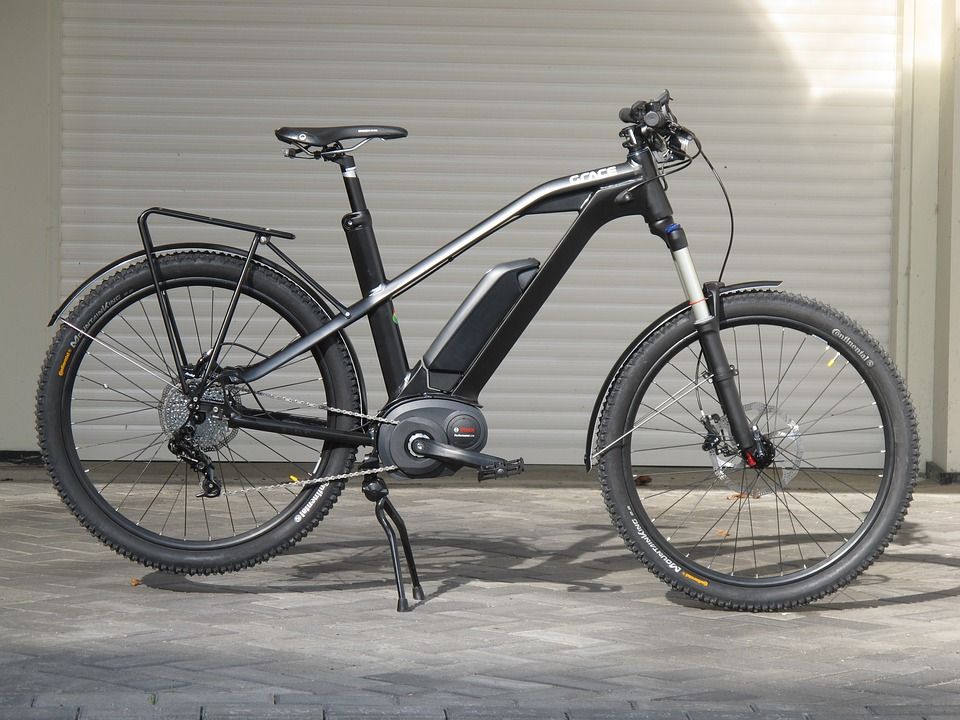From Sunday, cyclists in Denmark will need to be aware of a new and rapid beast zooming about the cycling paths around the country.
Parliament decided this week to approve the speed pedelec – a type of super electric bike that can reach speeds of up to 45 km/hour – for riding on cycle paths.
The political decision to permit the speedy bikes to drive on the bicycle paths comes despite experts and organisations warning that doing so will hamper traffic safety and create more dangerous situations for normal cyclists.
“A speed pedelec looks like a bike and is quiet compared to a small scooter,” the accidents commission, Havarikommissionen, wrote in a Parliamentary hearing in March.
“This can lead to critical situations where other cyclist pull in front of a speed pedelec approaching from behind, as they may have misinterpreted the speed of it, believing it to be a normal bicycle. This issue is expected to be compounded during dark hours.”
READ MORE: More investment needed in Copenhagen cycling infrastructure, review suggests
Minister at ease
Until now, the super electric bikes have been considered scooters and confined to the roads with number-plates affixed, while it was obligatory for drivers to wear helmets, be at least 18 years old and have a scooter licence.
But as of July 1, those operating the super bikes only need to have turned 15 and wear a helmet, while the licence and number-plate demands will no longer be in play.
But despite the many concerns, the government has been undeterred in green-lighting the new el-bikes, contending that it’s only a trial.
“I feel completely at ease that the trial is set up in a way that is defendable in terms of traffic safety. If ongoing evaluations show that the trial generates more problems in traffic, we have the option to quickly makes changes we need,” Ole Birk Olesen, the transport minister, told DR Nyheder.















